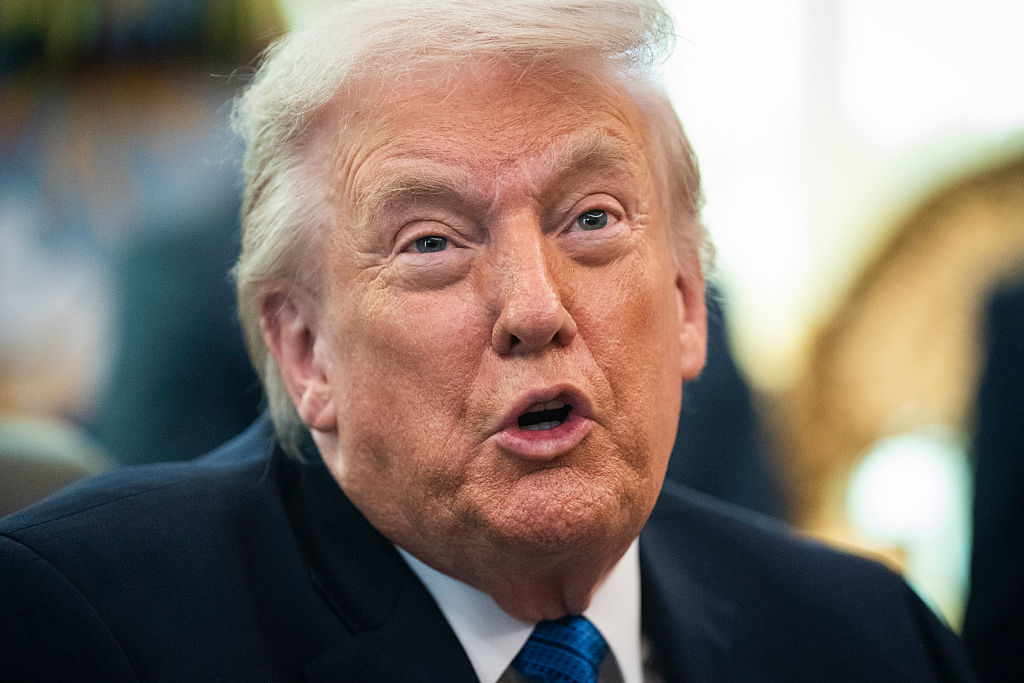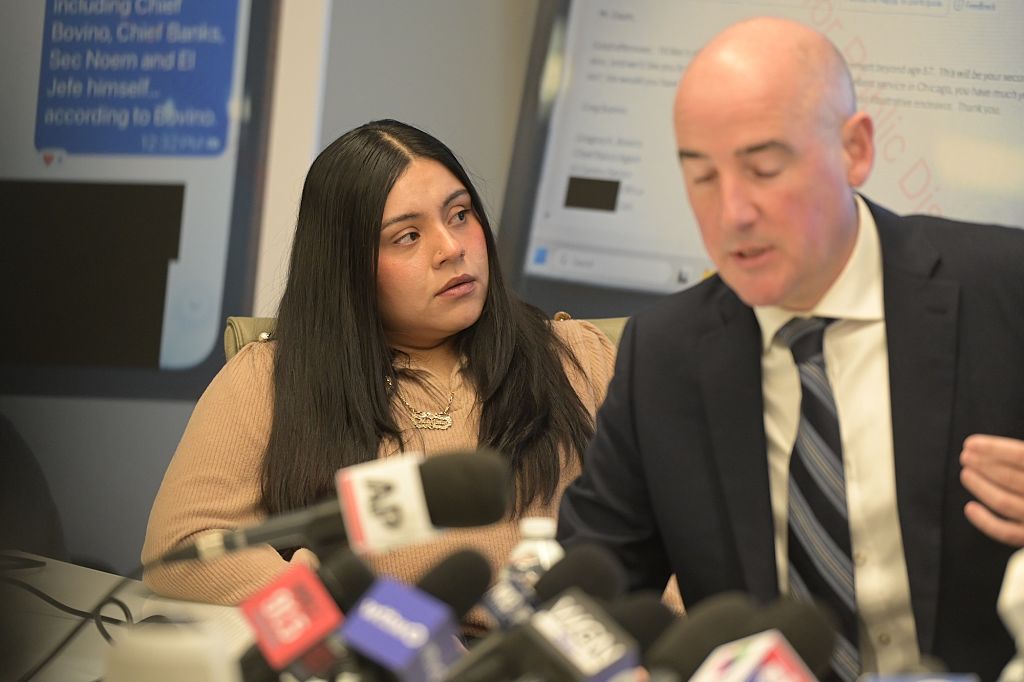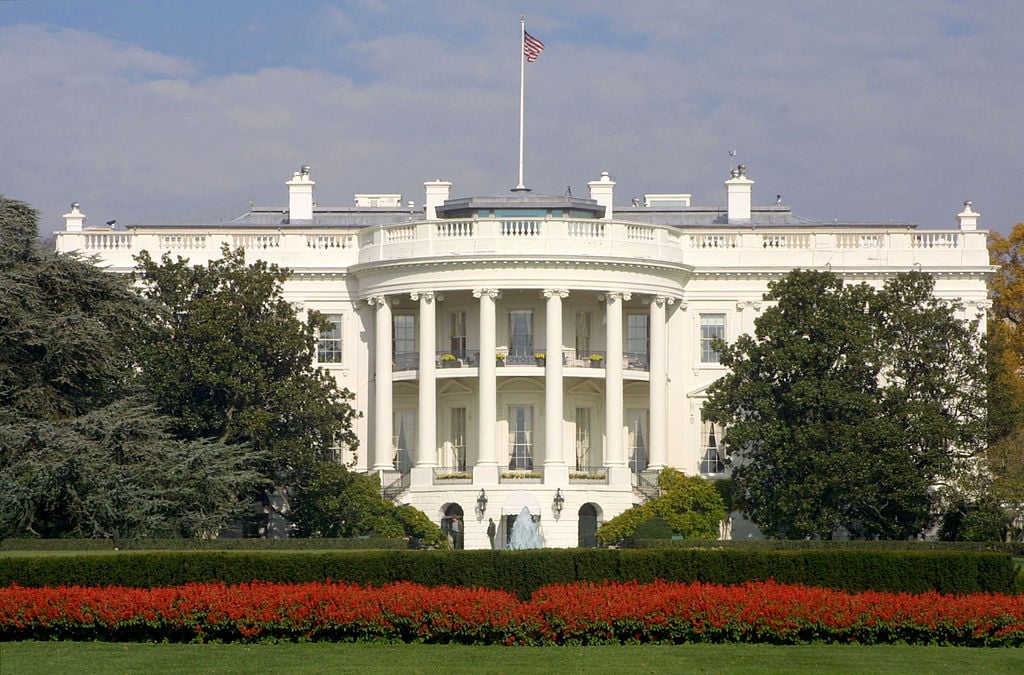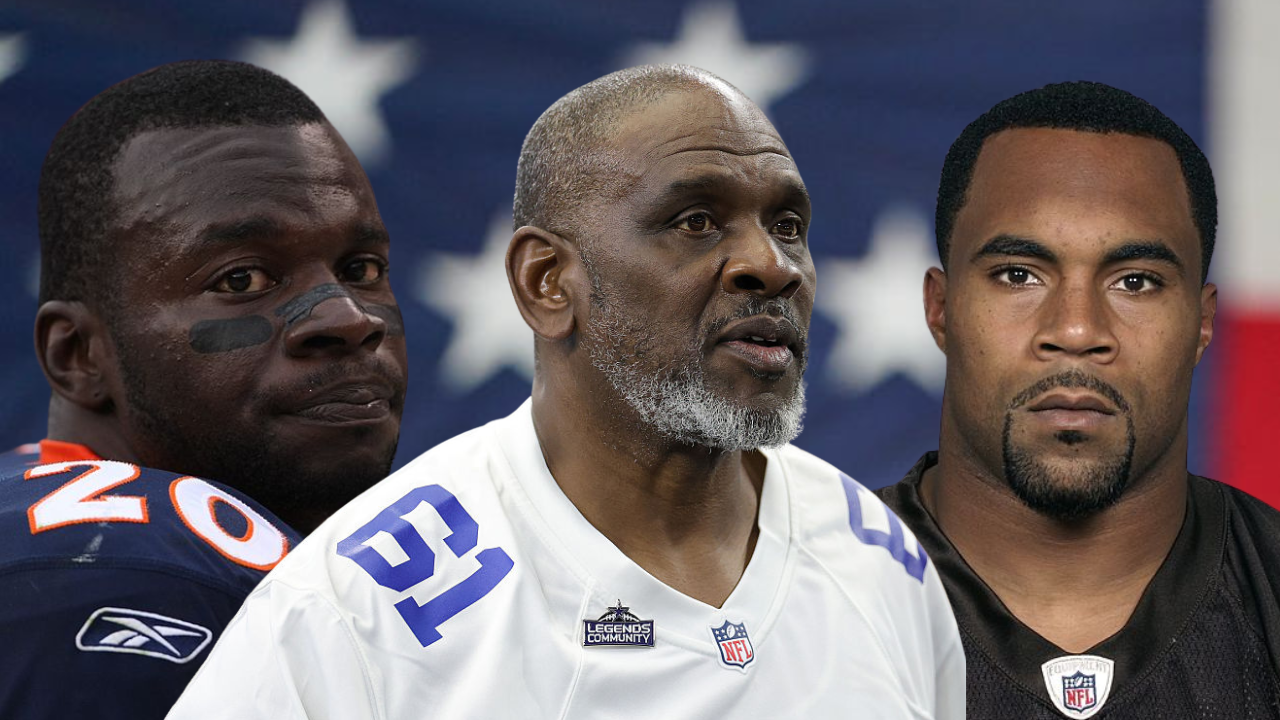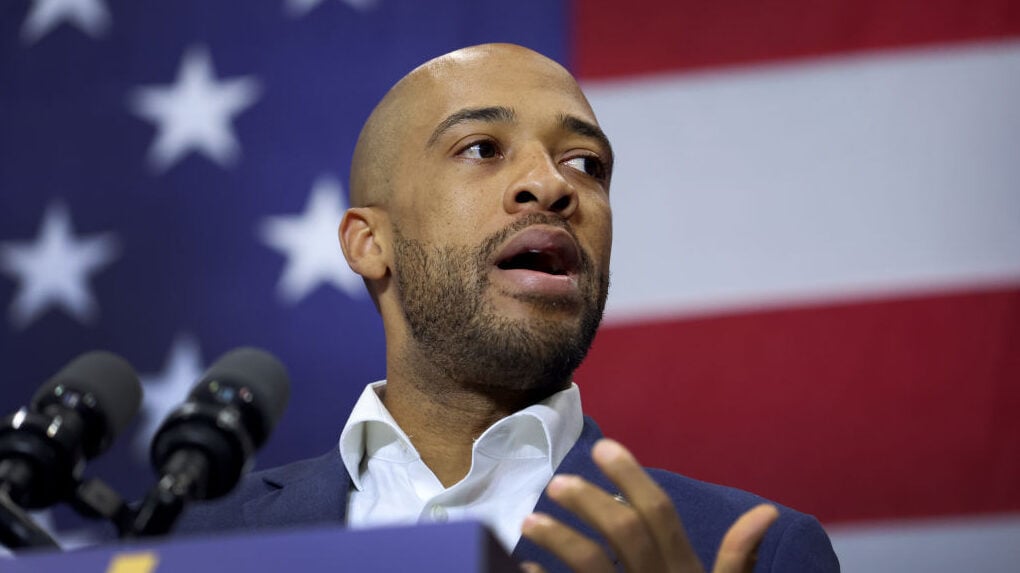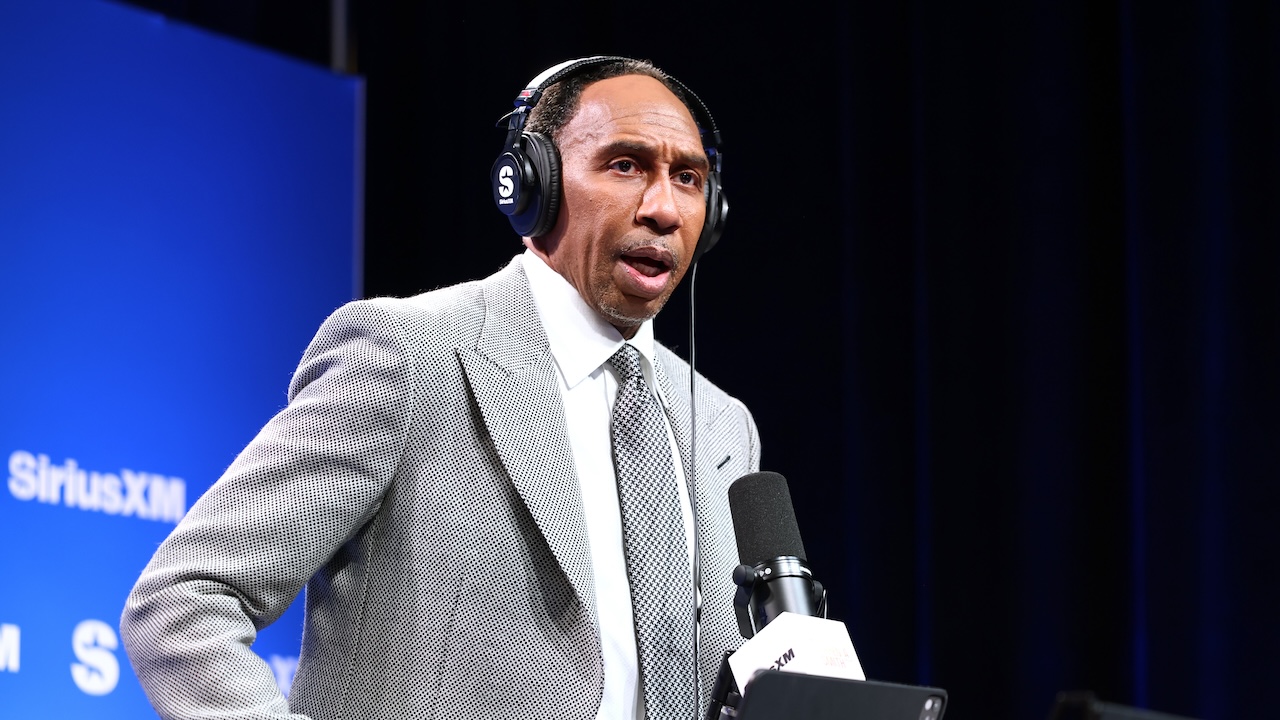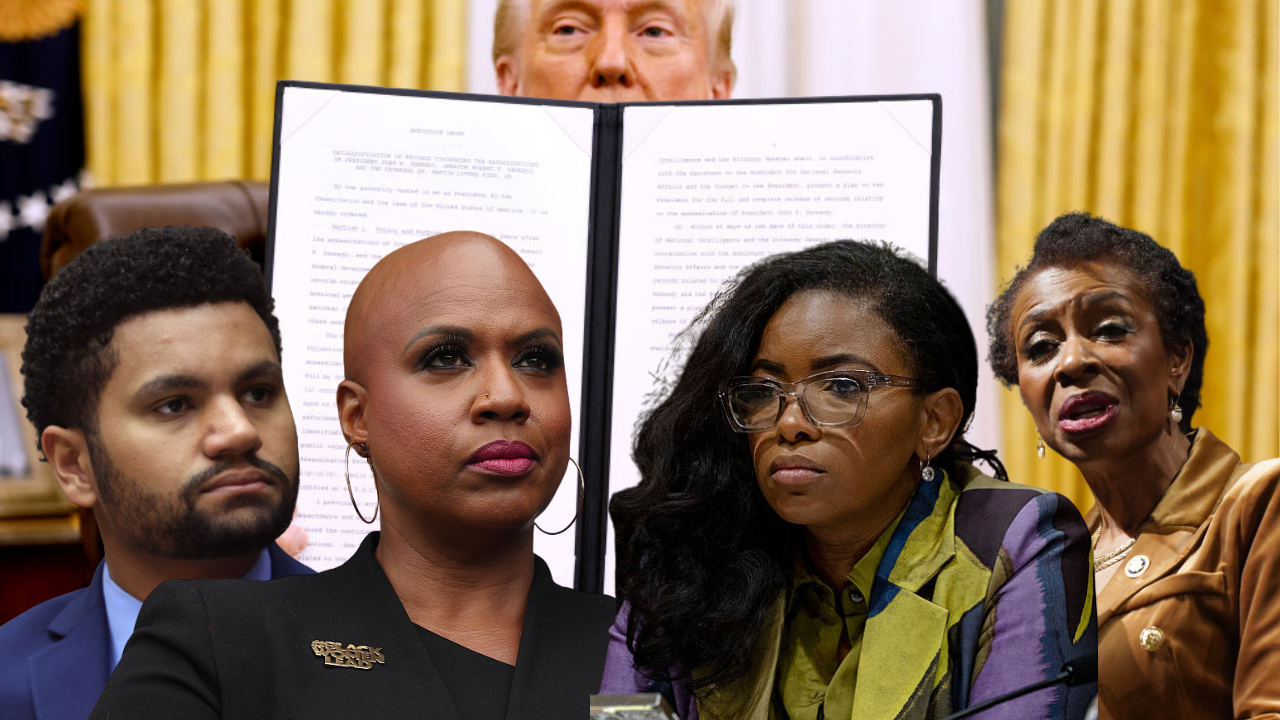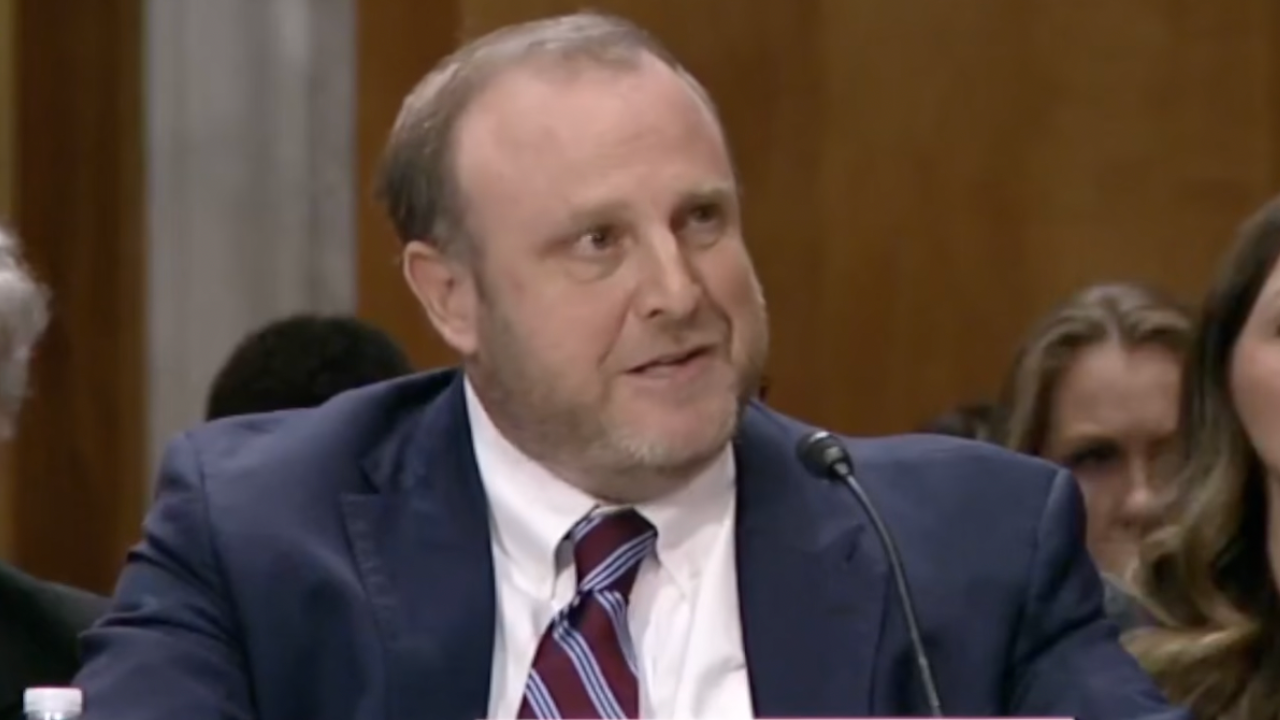Meet Janai Nelson, the attorney who just argued her first Supreme Court case to protect Black voting rights
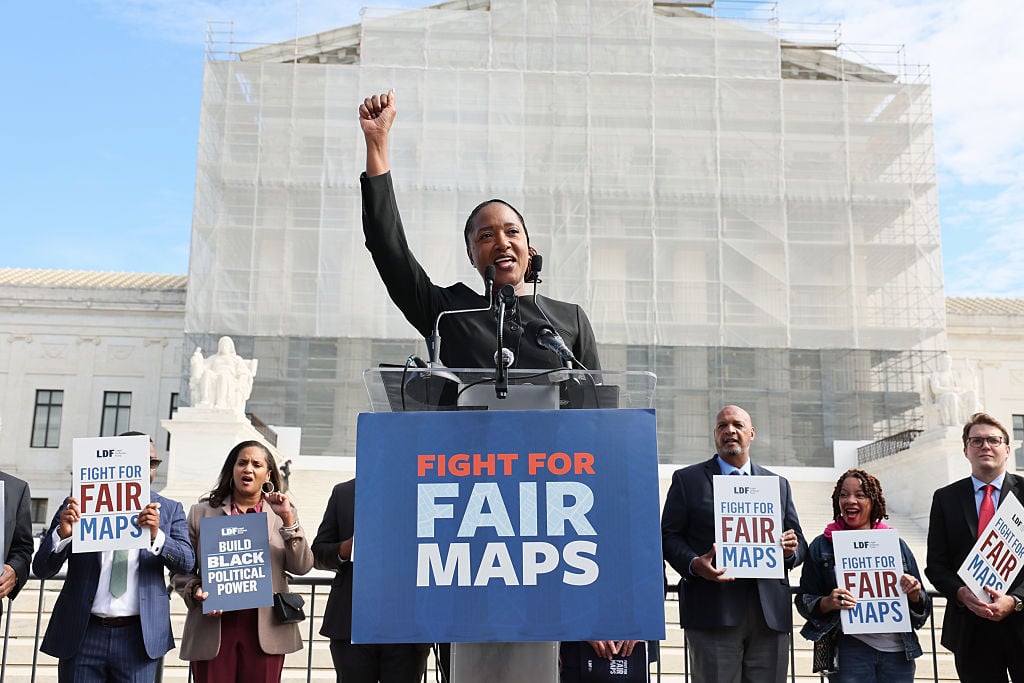
Nelson’s crucial oral arguments on Wednesday sought to preserve the heart of the Voting Rights Act of 1965.
On Wednesday, the U.S. Supreme Court heard oral arguments for a consequential voting rights case that could either solidify or dismantle the heart of the Voting Rights Act of 1965–which has protected Black voters from racial discrimination in the electoral process for six decades.
Janai Nelson, a longtime civil rights attorney, was the woman who argued on behalf of Black voters and what is left of the VRA in Louisiana v. Callais. It was Nelson’s first case before the Supreme Court, marking a historic day for the UCLA School of Law-educated lawyer.
The current president and director-counsel of the NAACP Legal Defense and Education Fund brought her decades of experience in civil rights law to defend the creation of a second majority-Black district in Louisiana, also known as an “opportunity district” under Section 2 of the VRA.
Attorneys representing a group of white voters, the United States government, and the state of Louisiana argue that Louisiana’s congressional map is essentially racial discrimination against the white plaintiffs and is political in nature.
However, pointing to the text of Section 2, which prohibits the “denial or abridgement of the right of any citizen of the United States to vote on account of race or color,” Nelson argued that the establishment of the second majority-Black district is based on a history and pattern of racial discrimination against Black voters in Louisiana.
Nelson told the nine justices, “We know that there is such a significant chasm between how Black and white voters vote in Louisiana, that there is no question that even if there is some correlation between race and party, that race is the driving factor.”
The outcome of Nelson’s case before the Supreme Court could determine the future of voting rights in America and forever change the electoral process.
“I wish we didn’t have to make this argument. Frankly, we shouldn’t have to make the argument, but I was honored to be able to, you know, carry forward the mantle of so many of my predecessors who have done the same thing in challenging this court and forcing this country to be its best self,” Nelson recently shared on “The Joy Reid Show.”
Here’s what you should know about Janai Nelson and her illustrious legal career.
An educated lawyer and academic
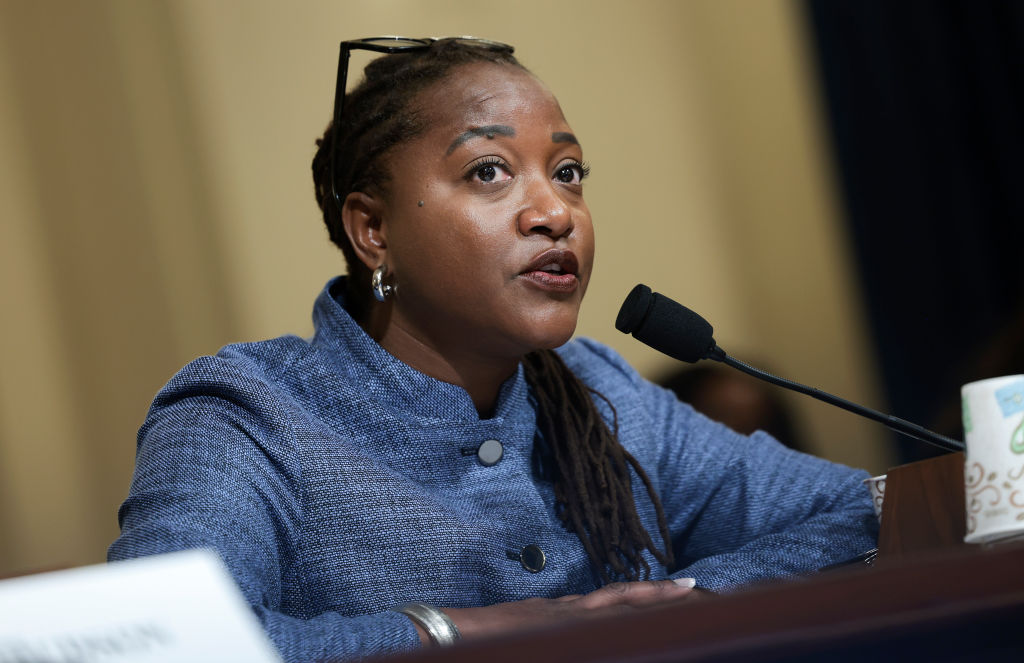
Janai Nelson is a renowned scholar of voting rights and election law. She studied at New York University, where she received her bachelor’s degree and earned her juris doctorate from UCLA School of Law.
According to NYU, Nelson has produced “cutting-edge research” on election law, race, and democratic theory. Her article for the NYU Law Review, “Parsing Partisanship: An Approach to Partisan Gerrymandering and Race,” explores how the Supreme Court could address “hybrid racial and partisan gerrymandering claims.”
Nelson served as an Associate Dean for Faculty Scholarship and Associate Director of Ronald H. Brown Center for Civil Rights and Economic Development at St. John’s University School of Law. She has taught courses on election law, voting rights, constitutional law, and racial equity strategies, and has guest lectured at law schools nationwide.
Before entering academia, Nelson was a Fulbright Scholar at the Legal Resources Center in Accra, Ghana, where she researched the political disenfranchisement of people with criminal convictions and the advancement of democracy in Ghana.
Nelson also clerked for U.S. Court of Appeals Judge Theodore McMillian and U.S. District Judge David H. Coar.
Legal Defense Fund and civil rights law veteran
Janai Nelson has spent many years of her legal career at the LDF, a historic organization founded by former Supreme Court Justice Thurgood Marshall in 1940.
Nelson started at LDF as an extern in 1995 while still studying at UCLA Law. In 1998, she received the prestigious Fried Frank-LDF Fellowship and was later hired as an Assistant Counsel at LDF. Nelson went on to lead LDF’s Political Participation Group, which included the entire voting rights and redistricting docket, felony disenfranchisement, and voter suppression matters.
While at LDF, Nelson worked on high-profile cases such as Hayden v. Pataki, a challenge to felon disenfranchisement in New York, where she argued before the Second Circuit on the bench and served as lead counsel. She was also on the legal team that represented African and Haitian-American voters in NAACP v. Hood, a voter suppression class action lawsuit that came out of the infamous Bush v. Gore presidential election.
While Louisiana v. Callais is Nelson’s first oral argument before the Supreme Court, it is not her first before the high court. Before the Supreme Court, she also served as counsel in a capital case, Banks v. Dretke.
Though Nelson left LDF after being named a Fulbright Scholar, she ultimately returned in 2014 as Associate Director-Counsel. In that role, Nelson headed several cases. In Veasey v. Abbott (2018), she successfully brought a federal challenge to Texas’s discriminatory voter ID law. In National Urban League, et al. v. Trump (2020), Nelson argued that President Donald Trump’s executive order banning diversity, equity, and inclusion training in the workplace was unconstitutional before it was later rescinded by President Joe Biden in 2021.
Nelson also notably represented journalist and “1619 Project” author Nikole Hannah-Jones in a lawsuit against the University of North Carolina Board of Regents after the institution delayed her tenure after she was promoted to the Knight Chair in Race and Investigative Reporting.
On the frontlines defending voting rights
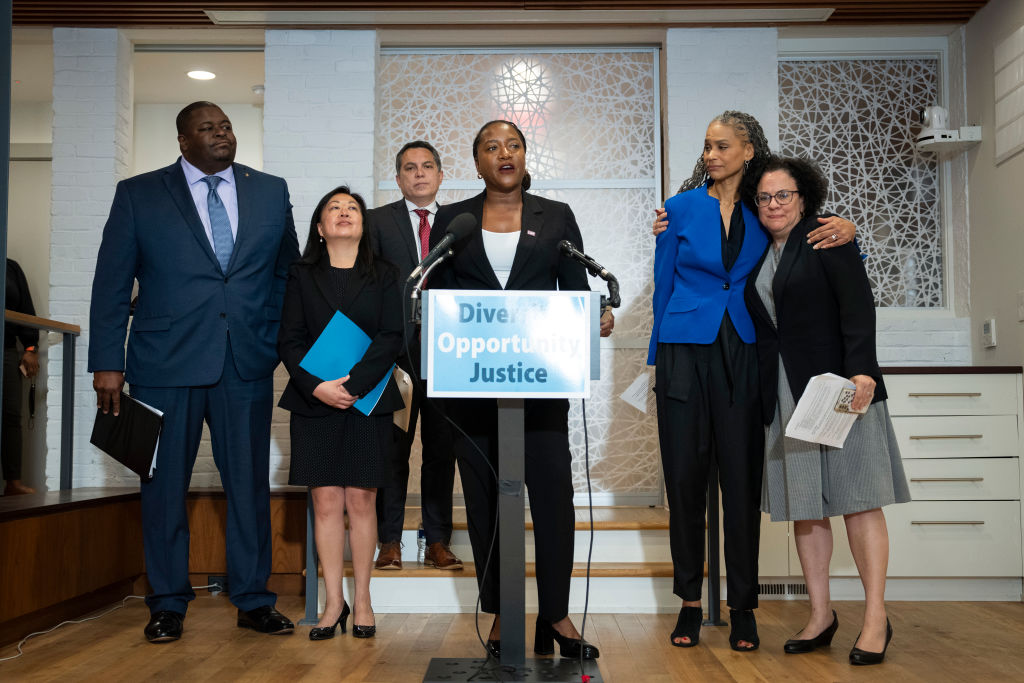
While the outcome of Louisiana v. Callais will be decided in the summer of 2026, Nelson remains confident that the Supreme Court will rule in her favor on behalf of Black and minority voters across the country.
“I hope we get a 9-0 vote in our favor. I think that law compels that. But we only need five [of the justices], and we’ll take whatever we get to preserve the Voting Rights Act,” Nelson told Joy Reid.
Reflecting on when the VRA was signed into law in 1965 by President Lyndon B. Johnson, Nelson recalled LBJ lauding the voting rights law as “one of the greatest achievements in the history of American freedom.”
“He didn’t talk about it in terms of just Black people. He didn’t talk about it in terms of party and politics, which is what, you know, many members of the court and some of my opponents tried to do,” said the civil rights lawyer. “This was really about American freedom. It’s about ensuring that we have a robust democracy that makes us an enhanced, secure country, and fulfills our constitutional obligation.”
“Unfortunately, the state of Louisiana, the lawyer for the plaintiffs, and also…the Department of Justice…didn’t seem to share that belief, and that obviously is disappointing,” said Nelson, who described their arguments as “quite contradictory,” “irreconcilable with current law” and going in “many different directions.”
She added, “I hope that the justices understood and saw that, and I hope that they remain faithful to their own law and their own words.”
What's Your Reaction?
 Like
0
Like
0
 Dislike
0
Dislike
0
 Love
0
Love
0
 Funny
0
Funny
0
 Angry
0
Angry
0
 Sad
0
Sad
0
 Wow
0
Wow
0




